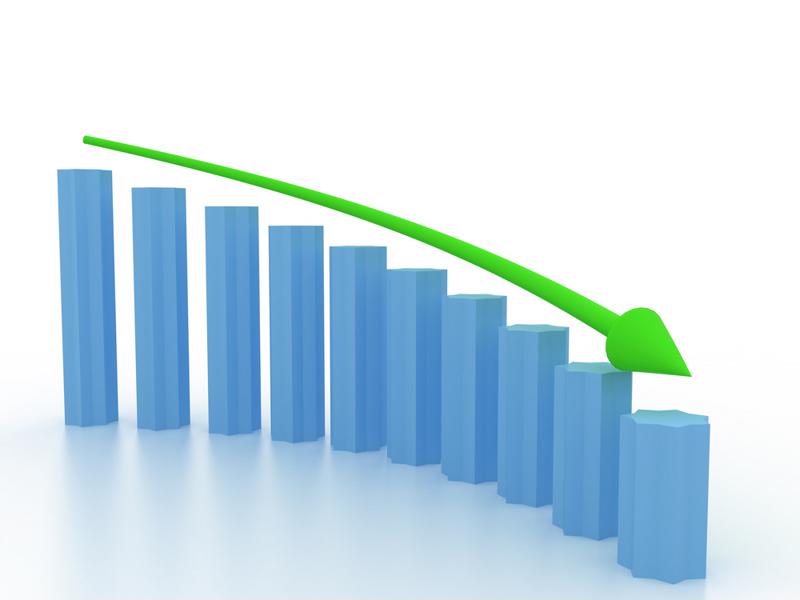In fact, a recent survey from Suplari found that 55% of procurement professionals polled said they think the U.S. will officially enter a recession before 2020 comes to an end. The good news is that this includes 61% that believe their organizations are prepared to weather any financial ups and downs associated with a downturn, if and when one arrives. However, another 30% who foresee one arriving at some point within the next 24 months feel their companies are not set up to handle those difficult times.
As such, it should come as no surprise that a growing number of companies are interested in finding more ways to cut costs in the year ahead. The survey found that 82% of companies want to start doing so during this fiscal year, up from the 76% that felt the same way 12 months earlier.

Economists have a similar view
Earlier this year, Reuters conducted a number of polls involving more than 50 economists in North America, at different points. As recently as March, these experts came through with a median forecast of global GDP growth a shade under 2%, down somewhat sharply from the projection of about 3% seen in January. However, by April, the median expectation had dipped significantly, to a projected decline of more than 1.5%. That's a lot of ground to lose in the space of a single month, but it highlights just how bad some experts believe the global economy could become.
Indeed, the lowest predicted GDP change slipped from growth slightly more than 2% to a loss of about the same number from January to March, but in April, the most pessimistic economist polled projected loss of global GDP in excess of 6%, Reuters reported. One respondent said that things were going negative so quickly because they viewed the present conditions as being "considerably worse than the 2008-09 recession."
What's the impact?
While there may be disagreement about just how dire conditions may become, there is a general consensus that they will become dire, according to American Express. As such, companies in the supply chain should take some of the lessons they learned in 2009 and apply them to current circumstances, as best as they can. For instance, the more companies can do to shorten their supply chains — a process already underway thanks to the pandemic — the better off they may be when it comes to controlling costs and finding predictable paths forward.
It can be difficult to nail all of these issues down at a time when things are still very much up in the air, but planning will be a key part of success in 2021 and beyond.



Post A Comment:
0 comments so far,add yours